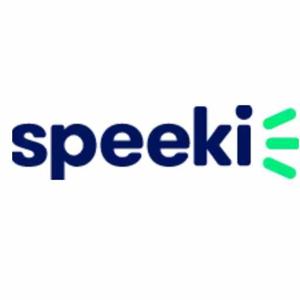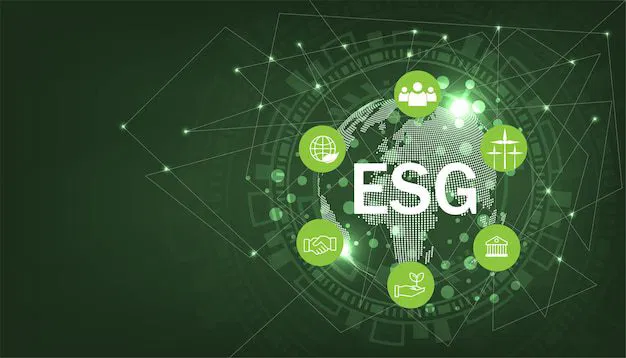
Maintaining corporate ethics and ensuring adherence to a code of conduct are critical challenges for modern organizations. Businesses are increasingly held accountable not only for financial performance but also for ethical behavior, social responsibility, and regulatory compliance. Compliance software plays a pivotal role in addressing these challenges by providing tools to monitor, track, and enforce ethical standards across the organization. By integrating compliance solutions, companies can ensure that policies are followed, ethical behavior is promoted, and violations are promptly identified and addressed. Using compliance software enhances transparency, reduces risk, and fosters a culture of accountability that supports long-term organizational success.
Understanding Compliance Software
What Compliance Software Is
Compliance software is a digital platform that helps organizations manage, monitor, and enforce adherence to legal requirements, corporate policies, and ethical standards. These systems centralize critical compliance data, automate processes, and provide tools for reporting and risk assessment. By streamlining these processes, businesses can reduce human error, maintain consistent enforcement of policies, and demonstrate accountability to regulators, investors, and stakeholders.
Why It Matters for Corporate Ethics
Corporate ethics are the foundation of trust between an organization, its employees, and external stakeholders. Implementing compliance software ensures that employees understand the company’s code of conduct, adhere to ethical guidelines, and report issues appropriately. It provides a framework for consistent behavior, preventing misconduct, and reinforcing corporate values. Companies using compliance software are better equipped to detect violations early, minimizing legal, financial, and reputational risks.
Key Features of Compliance Software
Policy Management
Effective compliance software includes robust policy management tools. Organizations can create, update, and distribute policies efficiently, ensuring employees have access to the latest guidelines. Automated notifications remind staff to review critical documents, and acknowledgment tracking confirms that policies are understood and followed.
Incident Reporting and Case Management
Compliance software enables secure, confidential reporting of violations, misconduct, or ethical concerns. Employees can submit reports anonymously if needed, and compliance teams can manage cases efficiently through automated workflows. Documentation, tracking, and resolution tools help ensure accountability and timely corrective action.
Risk Assessment and Monitoring
Identifying and mitigating risks is a central purpose of compliance software. By monitoring activities, analyzing trends, and prioritizing high-risk areas, organizations can take proactive steps to prevent violations. Risk assessment modules allow management to evaluate the effectiveness of policies and controls continuously.
Auditing and Reporting
Auditing is essential for verifying compliance and demonstrating accountability. Compliance software provides dashboards, real-time reporting, and analytics to simplify audits and regulatory submissions. Managers can track compliance metrics, generate performance reports, and showcase ethical oversight to stakeholders.
Benefits of Implementing Compliance Software
Promotes an Ethical Culture
Compliance software reinforces a culture of integrity and responsibility by providing employees with clear guidance and monitoring tools. It encourages ethical decision-making, accountability, and consistent adherence to corporate values, creating a trustworthy organizational environment.
Reduces Legal and Regulatory Risk
Automation and monitoring reduce the likelihood of non-compliance. By identifying potential violations early, companies can mitigate risks, avoid fines or penalties, and maintain a positive reputation with regulators and the public.
Improves Operational Efficiency
By centralizing compliance processes, organizations reduce administrative workload and eliminate redundant or manual tracking. This improves efficiency, accuracy, and ensures that policies are applied consistently across all departments and locations.
Builds Stakeholder Trust
Investors, regulators, and clients increasingly prioritize transparency and ethical practices. Organizations that implement compliance software demonstrate accountability, strengthen trust, and enhance corporate reputation, ultimately supporting sustainable growth.
Best Practices for Using Compliance Software
Integration with Existing Systems
For maximum impact, compliance software should integrate seamlessly with HR, finance, and operational systems. This ensures comprehensive data capture, consistent reporting, and streamlined processes.
Regular Updates
Compliance requirements evolve frequently. Keeping software updated ensures alignment with regulatory changes, corporate policy revisions, and industry best practices.
Employee Engagement
Successful compliance implementation depends on active participation from staff. Organizations should foster awareness and create a culture where reporting and ethical behavior are positively reinforced.
Conclusion
Compliance software is a vital tool for organizations aiming to enforce corporate ethics and codes of conduct effectively. By centralizing policy management, incident reporting, risk assessment, and auditing, companies can foster a culture of integrity, minimize legal risks, and maintain transparency. Implementing compliance software strengthens organizational accountability, builds stakeholder confidence, and positions businesses for long-term success in complex regulatory environments. Businesses that embrace these digital solutions demonstrate commitment to ethical governance, ensuring sustainable growth and resilient corporate culture.











Write a comment ...